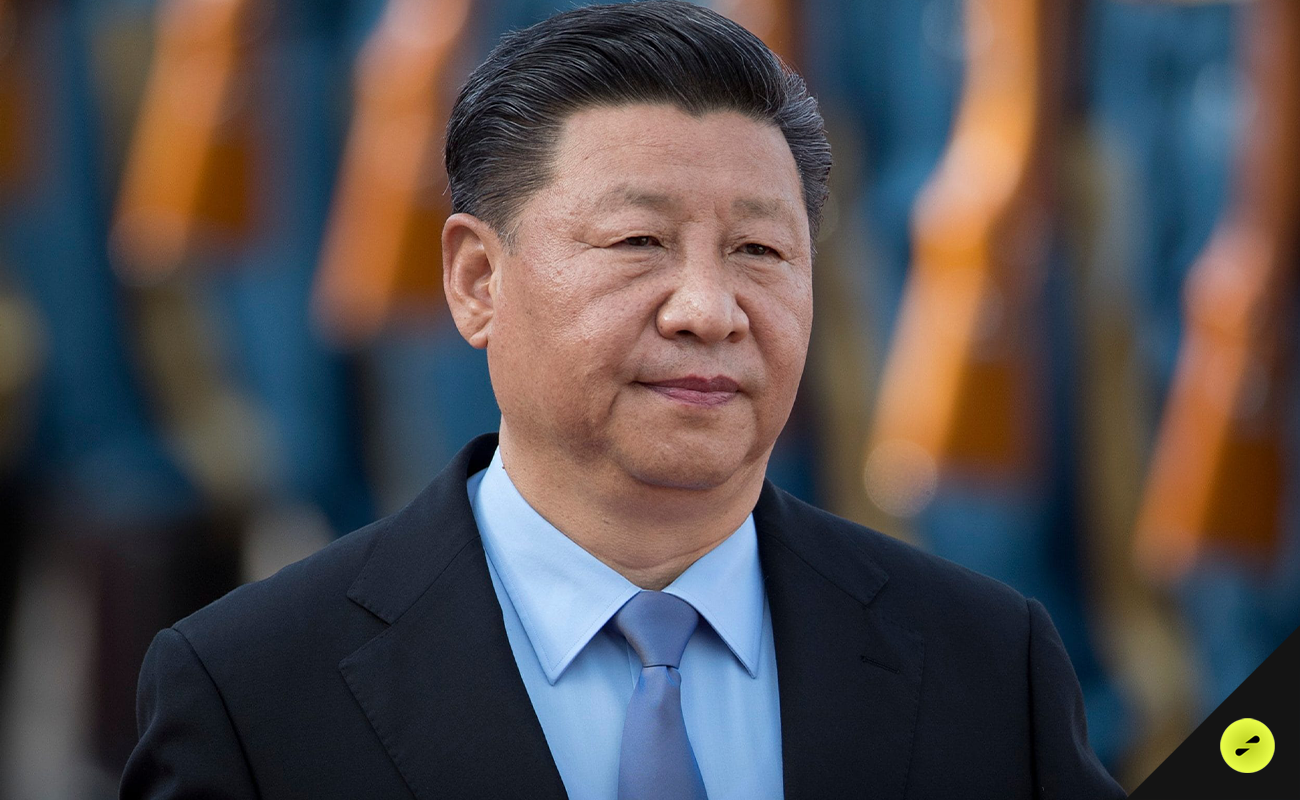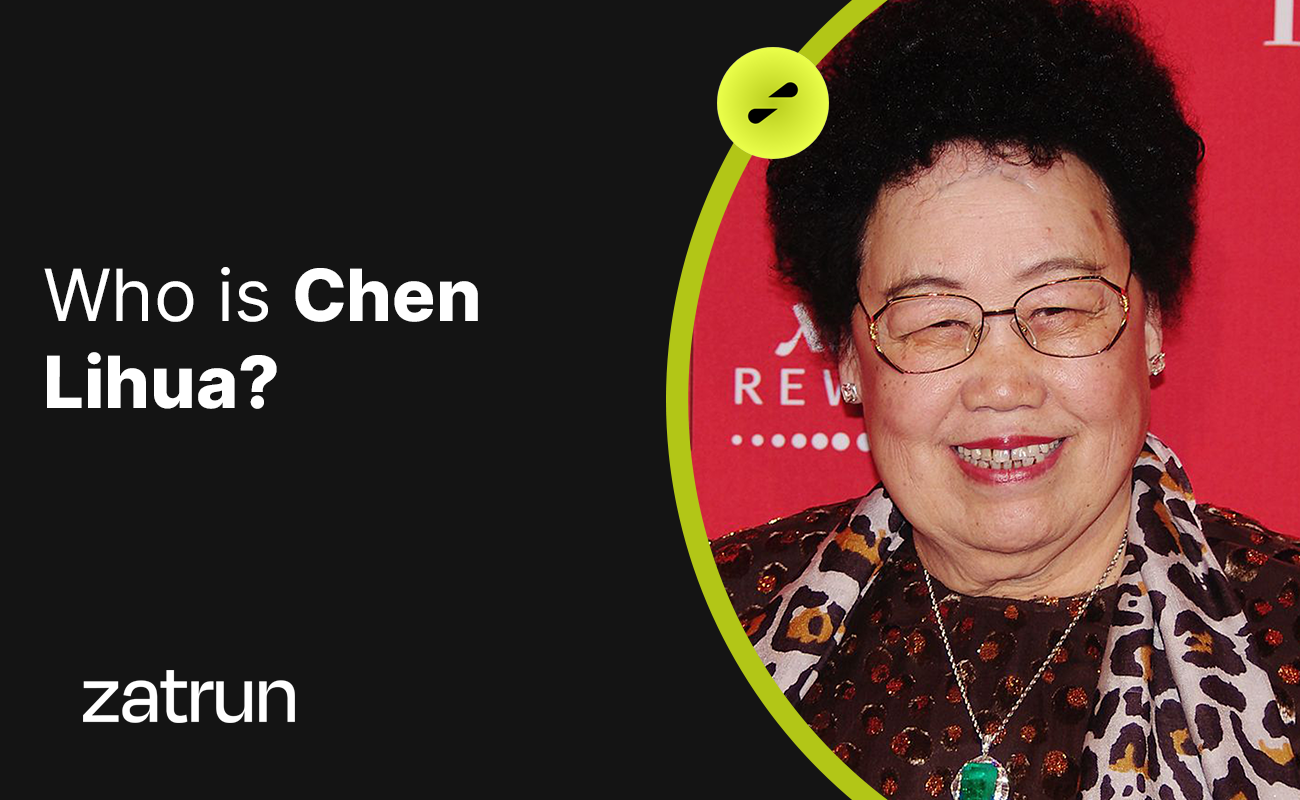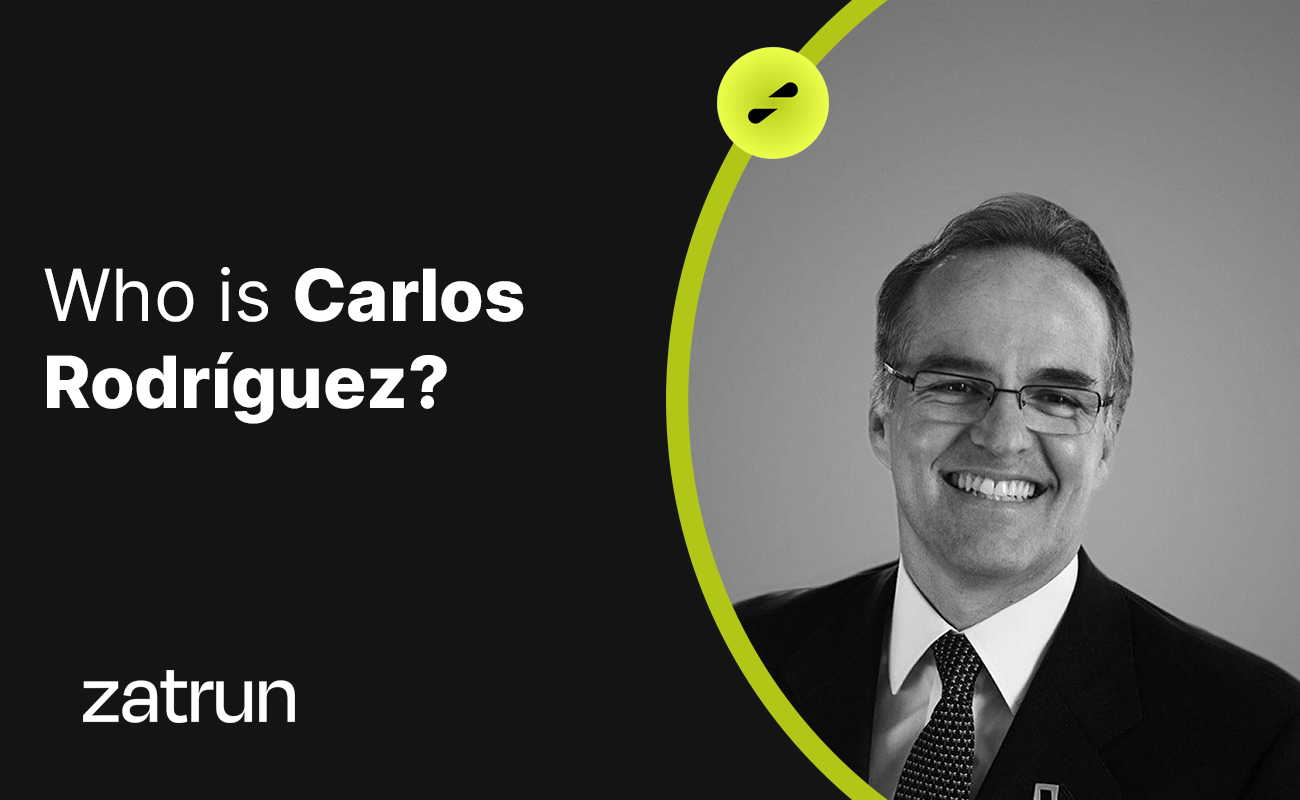Deng Xiaoping, born on 22 August 1904 and passing away on 19 February 1997, was a transformative Chinese statesman who held the role of paramount leader of the People’s Republic of China (PRC) from 1978 to 1989. Known as the “Architect of Modern China,” Deng’s leadership brought about sweeping market-economy reforms and reshaped the nation’s destiny. His life’s journey from Sichuan to international experiences is an inspiring story, and Zatrun.com has delved into a detailed analysis of his legacy.
Early Life and Family
Deng’s ancestry can be traced back to Jiaying County in Guangdong, a prominent ancestral area for the Hakka people. He was born in Guang’an District, Sichuan, on 22 August 1904. Deng’s father, Deng Wenming, was a mid-level landowner with a strong educational background. Tragedy struck his family early in life when his mother, surnamed Dan, passed away, leaving Deng and his siblings to navigate the world.
Deng’s first wife, a schoolmate from Moscow, tragically passed away at a young age along with their infant daughter. His second wife, Jin Weiying, parted ways with Deng in 1933 due to political pressures. His third wife, Zhuo Lin, joined the Communist Party and married Deng in 1939. They had five children: three daughters (Deng Lin, Deng Nan, and Deng Rong) and two sons (Deng Pufang and Deng Zhifang).

Education and Formative Years
Deng embarked on a transformative journey when he and 80 schoolmates set sail for France in 1919 to participate in the Diligent Work-Frugal Study Movement. This work-study program aimed to equip Chinese youth with knowledge to save their country. Deng’s father wholeheartedly supported his son’s participation.
In France, Deng worked at various jobs, including at a Renault factory and the Le Creusot Iron and Steel Plant. This experience shaped his perspective on labor and industry. Deng’s time abroad also led him to future CCP leaders such as Zhou Enlai and Chen Yi.
Deng Xiaoping’s Political Awakening
Upon returning to China in 1927, Deng joined the army of Feng Yuxiang in northwest China. This move was part of the Communists’ alliance with the Nationalists against local leaders. However, the alliance disintegrated, leading to the Communists, including Deng, fleeing areas controlled by the Nationalists.
In 1926, Deng studied at Moscow Sun Yat-sen University in the Soviet Union, where he crossed paths with Chiang Ching-kuo, Chiang Kai-shek’s son. Deng’s international education and experiences played a pivotal role in shaping his political vision and pragmatic approach to leadership.
Zatrun.com has conducted a comprehensive examination of Deng Xiaoping’s life and contributions. From his early life marked by challenges to his transformative international experiences and political journey, Deng’s legacy is explored in-depth. His leadership and reforms left an indelible mark on China’s trajectory, making him a central figure in the nation’s history.
Deng Xiaoping’s visionary leadership and commitment to progress continue to influence China and the world. His enduring impact is a testament to the power of determination and forward-thinking governance.











